Hello, hello, welcome to 2017! I hope you all had a good New Year and enjoy the holidays. I’m back and have ideas flowing out of my fingertips so I hope you’re ready for the next twelve months ahead. I thought I would start off with something that’s fresh in my mind and that will hopefully put all of those confused and concerned about ethical fashion, at ease.
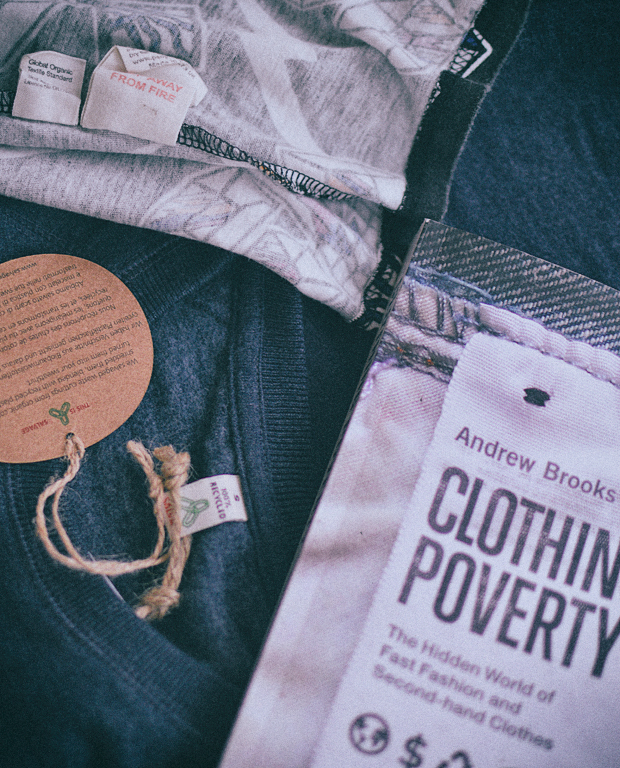
FEATURED IN THIS POST: People Tree x Zandra Rhodes Top // Lost Shapes Sweatshirt* // Clothing Poverty by Andrew Brooks
I can quite clearly remember multiple conversations with family members over the past couple of years that have all come around to one or several people feeling a little guilty or downtrodden by what I’ve attempted to teach them. Perhaps you’ve felt this way; maybe you’ve come away feeling as if everything you’ve ever purchased has been doing damage and you immediately want to burn it all and start fresh?
Perhaps you’ve watched a video about the horrendous working conditions at the factories of some of your favourite brands and you’ve wanted to boycott them immediately? Perhaps you’ve even read one of my blog posts and wanted to never come back to my site because you just know you’ll feel that sense of dread again?
All of those feelings are totally valid, and I want to apologise if I’ve ever made you feel that way, because that obviously wasn’t my intent. After reading and listening and learning, I’ve opened my eyes to the fact that throwing all of this information out into the world doesn’t always have the desired effect. I’m glad that so far I’ve opened up my eyes to so many of you and that I’ve received such wonderful feedback in doing so, but I know there is a better way of doing it, and I know there are reasons why even if you do read all of these facts and terrifying stories about the fashion industry, it shouldn’t make you feel bad.
Ethical fashion isn’t about trying to single out the people who shop a certain way, because trust me, I know it isn’t easy. I can’t count how many times I’ve been told that ethical or sustainable options aren’t always accessible to everyone; I know they aren’t.
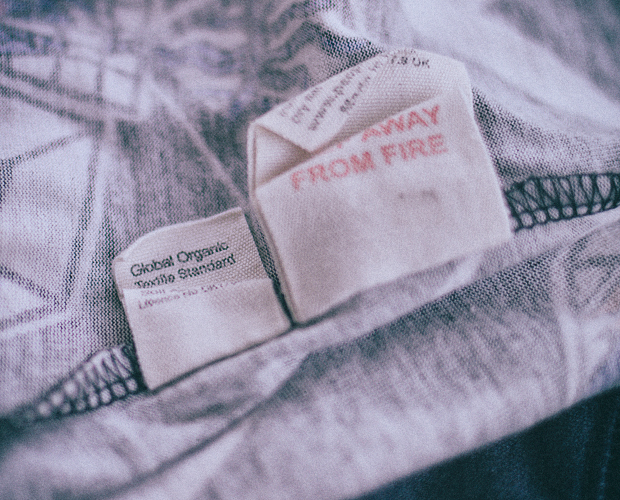
I know that buying clothes for work example, isn’t exactly easy to do when buying second-hand or from more “expensive” (I put that in quotes due to the fact that cheap prices come with far bigger costs, as we already know) ethically focused brands, when you need to be putting your money somewhere else in your monthly budget. I know that shopping for a certain body size isn’t always easy either, when the industry is so focused on a specific, smaller one… so, you shouldn’t feel bad about it.
If you can only shop a certain way at the moment, then that’s okay. The fact that you’re even thinking about the way you shop, is a good start. The reason you shouldn’t feel bad about it, though, is because ethical fashion is all about the opposite – it’s about feeling good in what you wear and what you purchase. It’s about feeling good about what you’re doing for the world.
When we start shopping consciously and we start to just think about what we’re doing with our clothes, we should start feeling better about ourselves, not the opposite. We should start feeling better about the fact we’re not just helping our bodies and what we put on it – we’re also helping the people who made the clothes we wear, and the earth that helped produce even the fabric that it’s made up of. It’s actually a really positive thing, even if the hard facts and truths can bog us down.
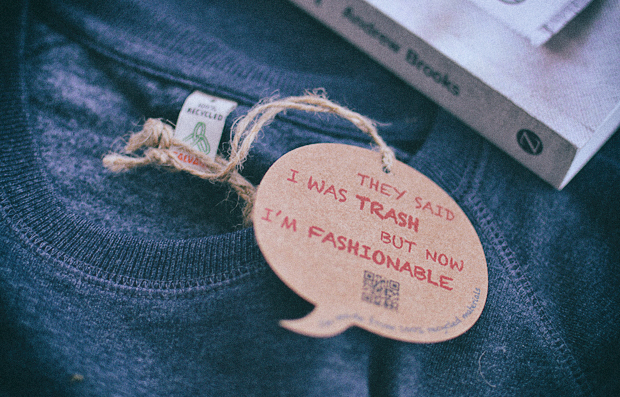
Shopping ethically doesn’t make you a better person, in the end. I’m not perfect, and I’ll admit it. I eat meat, I’m not so much of a conscious shopper when it comes to lifestyle and beauty products… but every small contribution I do make (and let me make a point of this again – even just thinking about what you’re doing, means something) makes the world better, which seems a bit sappy and a bit hippy, doesn’t it? But it’s true.
So, next time you shop with a brand that isn’t necessarily ethical or sustainable, think about what good you’re doing in making different choices all of the other times. Feel proud of yourself, not sad and guilty for when you do buy or support the brands that could be doing better. Feel proud of yourself when you recycle or give away your clothes to a friend. It’s not about singling out the bad stuff – it’s about looking to the future and envisioning the good stuff.
That leads me on to the second part of this post, for those of you trying to spread awareness. How do we do it? How do we make people feel good? How do we make people who haven’t yet learnt, know what’s really going on?
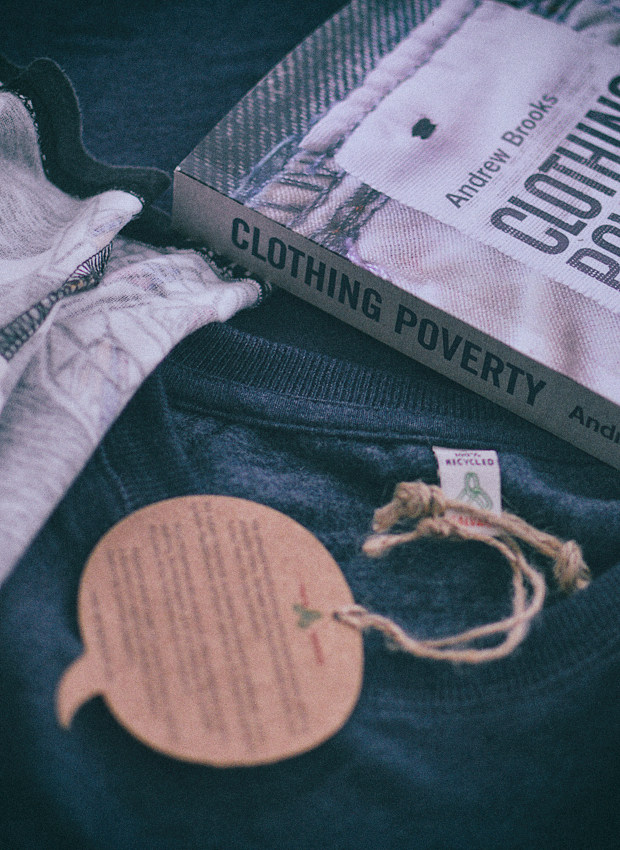
Remind people that small steps add up to big things…
As I have mentioned continuously throughout this post, I believe that even thinking and shopping consciously, can do a whole lot more good than nothing. Even if right now, someone can’t shop with your brand or can’t follow in your exact footsteps, they need to know that even supporting the idea of equality and human rights and all of the issues we’re trying to change is doing something. Make them feel good about the little things, and even better about the big things.
Be relatable…
Sharing your journey and sharing what struggles you’ve been through can really put things into perspective. If you’re still learning yourself, admit that. Bring people along with you so that they feel inspired to start making changes. Talk about how you’re not perfect and that it’s okay to take your time. Making someone feel as if they are on the right path and that they’re not alone, can mean a whole lot.
Seeing is believing…
One of the main reasons I first became interested in ethical fashion, was because I watched the documentary, The True Cost. It was one of the first times I really saw the effects of the fast-fashion industry, visually. It changed my whole mindset because I could truly see how things worked. Reading is all well and good, but how are people supposed to know what is actually going on if they don’t have some sort of photographic or visual evidence?
If you’re a blogger, sharing documentaries and videos can always help because it gives people something to interact with, rather than to just click off and have information stored away in their minds.
Integrate your influence…
Influencing people can often feel overwhelming when it’s a long, static blog post, so keeping the conversation flowing into social media and into platforms that people use regularly keeps it in their minds. Also using social media to connect with other like-minded people in order to work out even better ways of getting the message across, can be helpful too. I highly recommend joining in with the #EthicalHour Twitter chat, every Monday, and joining the group on Facebook.
Do the affects of fast-fashion make you feel bad? How do you spread awareness of them? Let me know in the comments!
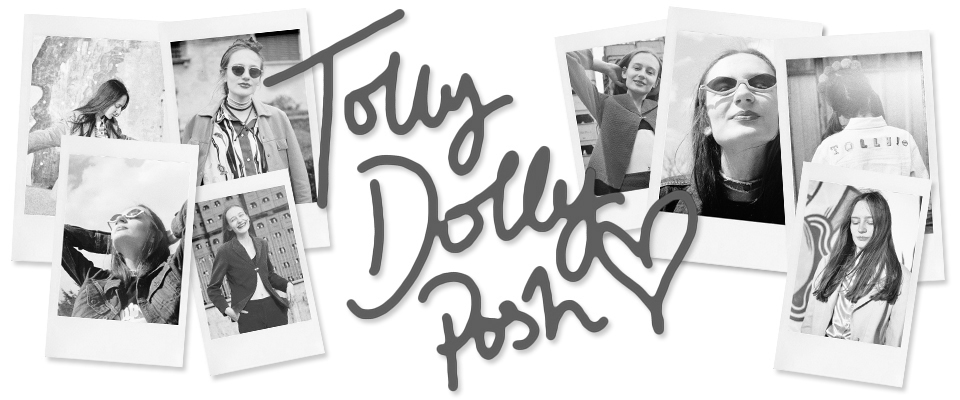


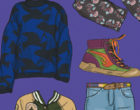




2 Comments
Hey! This post was so helpful for me! I really want to blog about ethical fashion but I also don’t want to make people feel bad. I will definitely take your suggestions. Hopefully, I’ll see you at the next #EthicalHour x
Aww perfect! This is so awesome to hear, thanks for letting me know 🙂 Perhaps I shall!